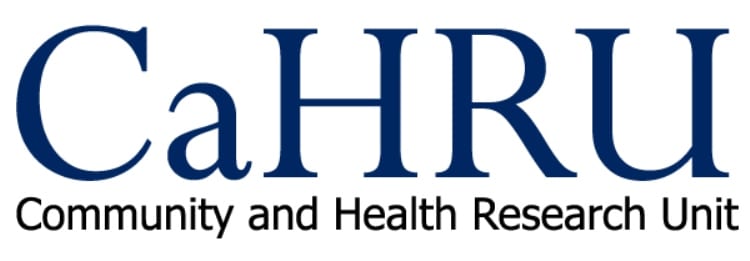Professor Gina Agarwal: international visiting fellow, seminar and public lecture

We were fortunate to host Professor Gina Agarwal, from McMaster University in Canada, who visited CaHRU and the University of Lincoln in September 2022, under the international visiting fellowship programme supported by the Lincoln Institute for Advanced Studies. Gina Agarwal Continue reading Professor Gina Agarwal: international visiting fellow, seminar and public lecture



